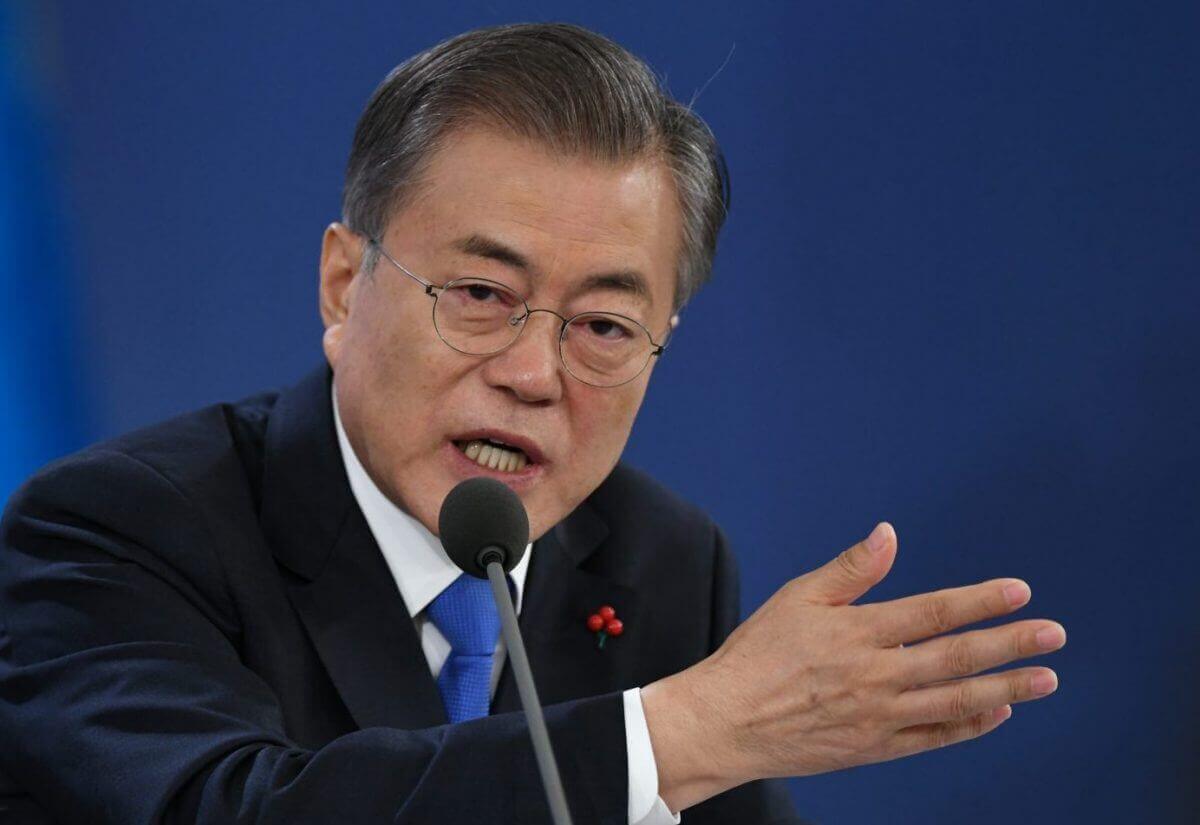On Thursday, South Korea and Australia virtually held the newly launched “ROK-Australia Senior Officials’ Policy Dialogue on our support for Southeast Asia and ASEAN”. According to the press release by South Korea’s Ministry of Foreign Affairs, the event was aimed at “strengthening cooperation between Korea’s New Southern Policy and Australia’s Indo-Pacific policy,” and to “explore opportunities [...] to work together in Southeast Asia.”
Park Jae-kyung, the Director-General for ASEAN and Southeast Asian Affairs of the Ministry of Foreign Affairs, headed the South Korean delegation, while the Australian delegation was led by the First Assistant Secretary of the Southeast Asia Division of the Department of Foreign Affairs and Trade, Ridwaan Jadwat. In addition, the dialogue was also attended by almost 50 officials from both countries. South Koreas was represented by several officials from the Ministry of Foreign Affairs, the Presidential Committee on New Southern Policy, the Ministry of Trade, Industry and Energy, the Ministry of National Defense, and the Korea Overseas Infrastructure & Urban Development Corporation (KIND). Meanwhile, the Australian side saw the participation of officials from the Department of Foreign Affairs and Trade, the Department of Industry, Science, Energy and Resources, the Department of Health, and the Department of Defence.
Crucially, the forum served as an opportunity for the two sides to gain a mutual understanding of Korea’s Southern Policy and Australia’s Indo-Pacific policy. The Southern Policy is an initiative of the Moon Jae-in government and is Korea’s first diplomatic initiative focused on Southeast Asia and India, as the region has traditionally received “disproportionately less recognition” in the Korean foreign policy. Meanwhile, Australia’s Indo-Pacific policy, which is more abstract, entails strengthening its relationship with its neighbours in the Indo-Pacific to leverage greater economic and strategic roles in the region, while cooperating multilaterally to indirectly counter China’s growing influence.
During the meeting, officials also discussed ways to “incentivise the private sector” to invest in ASEAN’s infrastructure, digital transformation, and sustainable green growth by utilising their joint strengths in “cybersecurity, smart city, and hydrogen energy”. Further, the delegations explored ways to strengthen their public health systems by “enhancing capacities of hospitals and health workers,” and improving vaccine capacity access and delivery for Southeast Asia, including through the COVAX Facility. Moreover, they also agreed to explore opportunities for collaboration through the Korea-Mekong water management joint research centre, which both delegations agreed had become a serious issue in recent times.
Currently, both allies are celebrating the 60th anniversary of the establishment of diplomatic relations. According to the press release from the Australian side, bilateral relations of the two are “underpinned by shared values and interests, complementary economies and strong people-to-people links” and both countries “seek to support a stable, inclusive and prosperous Indo-Pacific.”
South Korea and Australia Hold Senior Officials’ Policy Dialogue on Indo-Pacific
The recently held senior officials’ policy dialogue between Australia and South Korea aimed to enhance the links between South Korea’s New Southern Policy and Australia’s Indo-Pacific strategy.
March 2, 2021

SOURCE: AFP
